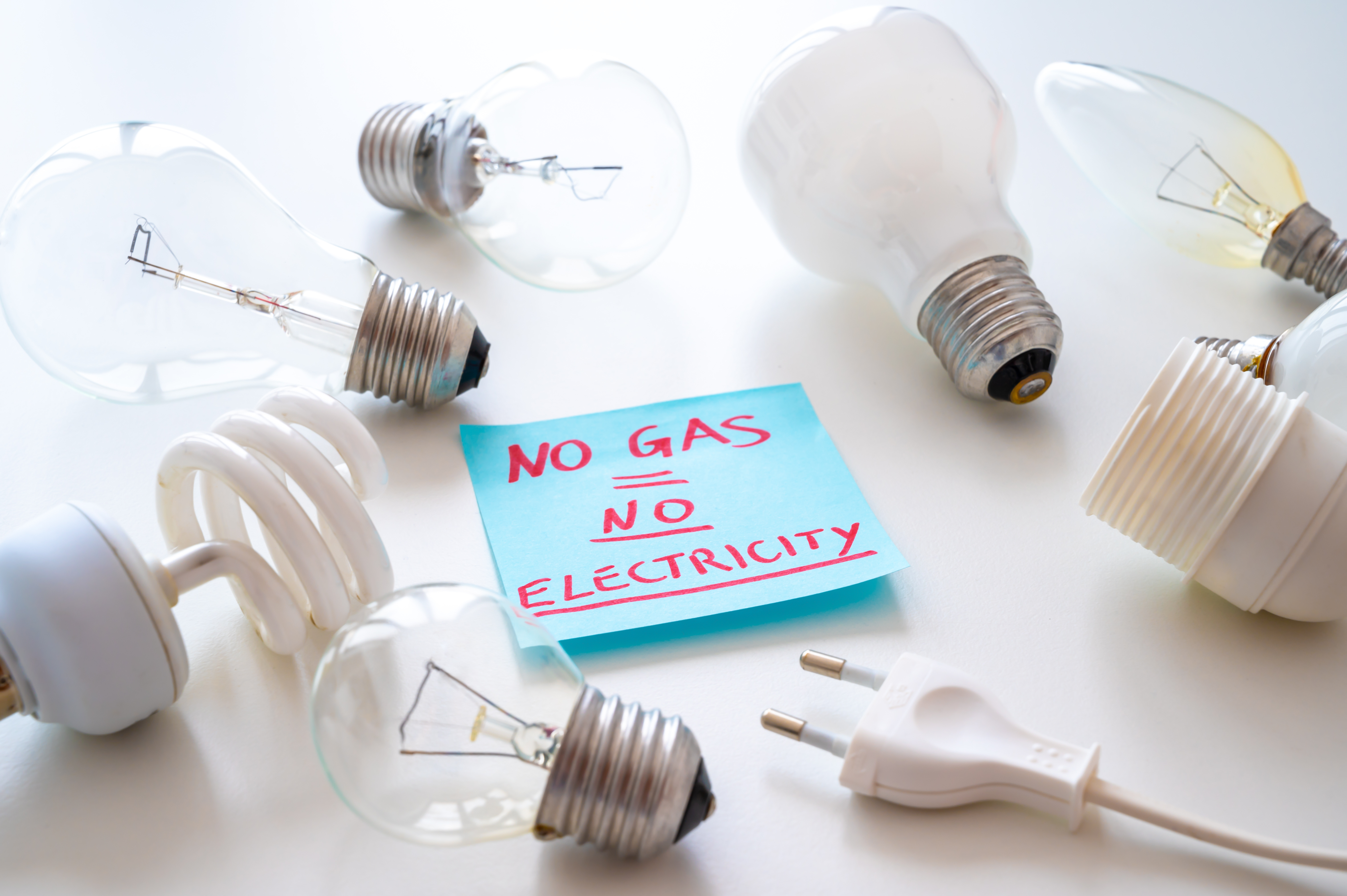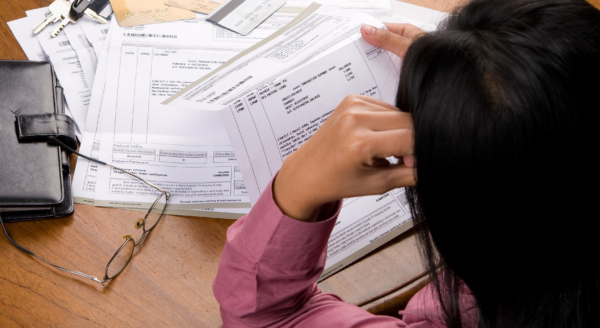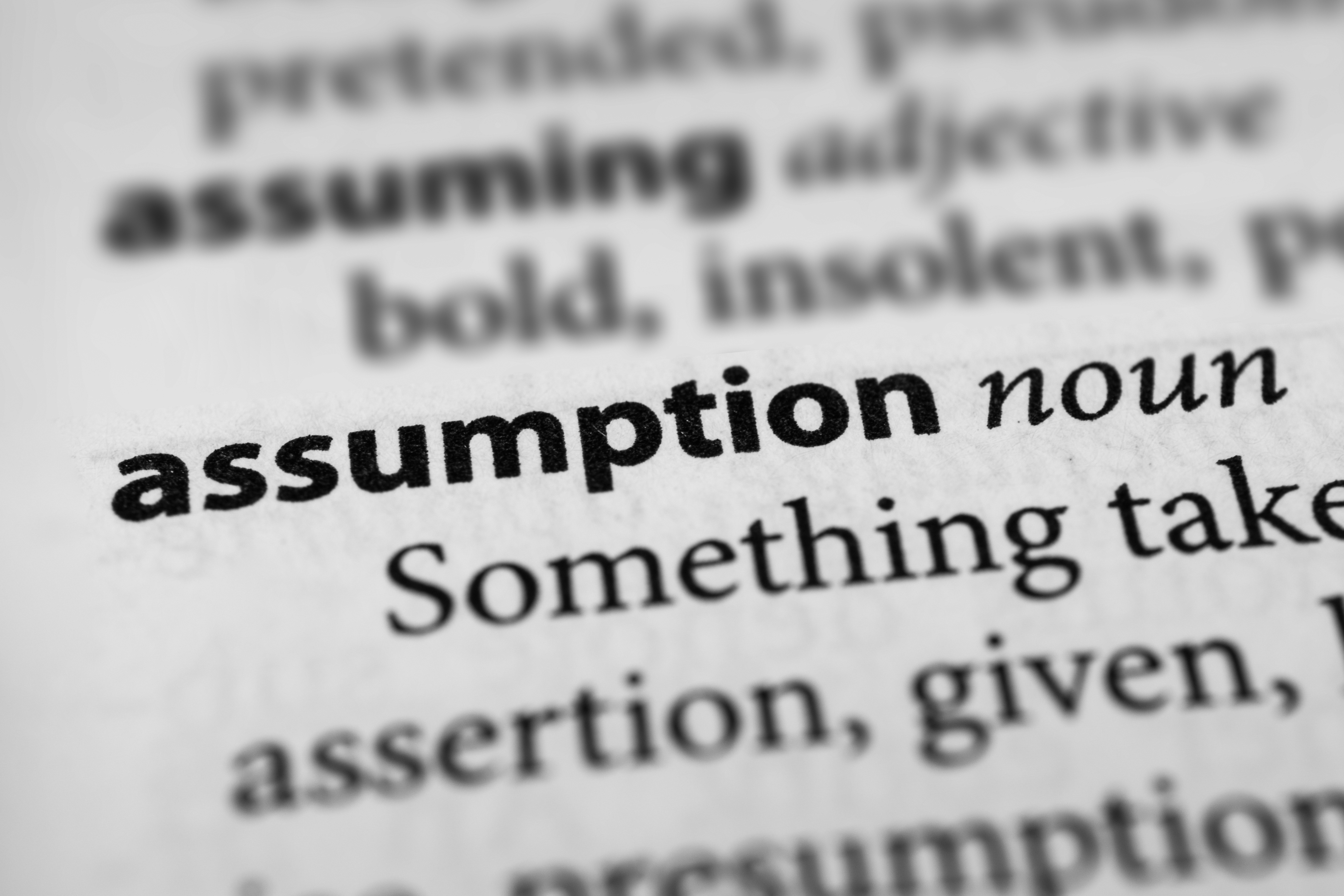“Europe’s Worst Energy Nightmare Is Becoming Reality” blared a Foreign Policy headline last month.
The international affairs journal reports:
“For months, European leaders have been haunted by the prospect of losing Russia’s natural gas supply … That nightmare is now becoming a painful reality as Moscow slashes its flows in retaliation for Europe’s support for Ukraine, dramatically increasing energy prices and forcing many countries to resort to emergency plans.”
The situation is indeed dire. Germany’s Foreign Minister referred to Russia’s weaponization of its energy exports as a “hybrid war” alongside the conflict in Ukraine. Energy analysts have warned that the “worst-case scenario” involves “Europeans having to choose between eating and heating come winter.”
The unfolding nightmare – and Russia’s leverage – stem from Europe’s stunning lack of energy security. Decades of heavy dependence on Russian natural gas to power residential air conditioning and fuel home heating have left the continent vulnerable – and renewables aren’t able to step into the void.
Despite the urgency, analysts say untangling Europe from Russian energy is not an easy, short-term endeavor. As one expert noted for Bloomberg: “There’s a growing realization of the dependency that’s been allowed to develop … There will be a five- to 10-year scramble to address that dependency issue.”
Californians should take note – and not just because the state imported more than 18 million barrels of Russian oil last year. Rather, more broadly, the burgeoning crisis in Europe is showing in real time how heavy dependence on foreign sources of energy for basic needs can leave a population vulnerable in an unstable world.
California produces less than 30% of the oil it needs every day. Much of its imported supply comes from unstable regions like the Middle East and South America, and no alternate supplies are immediately available should interruptions – either purposeful or accidental – occur.
It doesn’t have to be this way. Unlike in Europe, California has the capacity for greater energy independence through domestic production. Yet the Golden State still chooses to rely heavily on expensive and unreliable foreign imports.
That’s right: California’s energy vulnerability is no accident. Rather, it is state policy. Right now, more than 1,200 applications to boost in-state production are currently being ignored by the Newsom administration. The freeze on permitting has had a major impact: California has seen a 24% decline in domestic production since Governor Newsom took office in 2018.
California must learn lessons from Europe’s energy crisis and recommit to energy independence in an unstable world. The crisis in Europe shows clearly that energy security can only be guaranteed through domestic production.
Unfortunately, the state’s leadership may be too busy playing politics to take notice.


